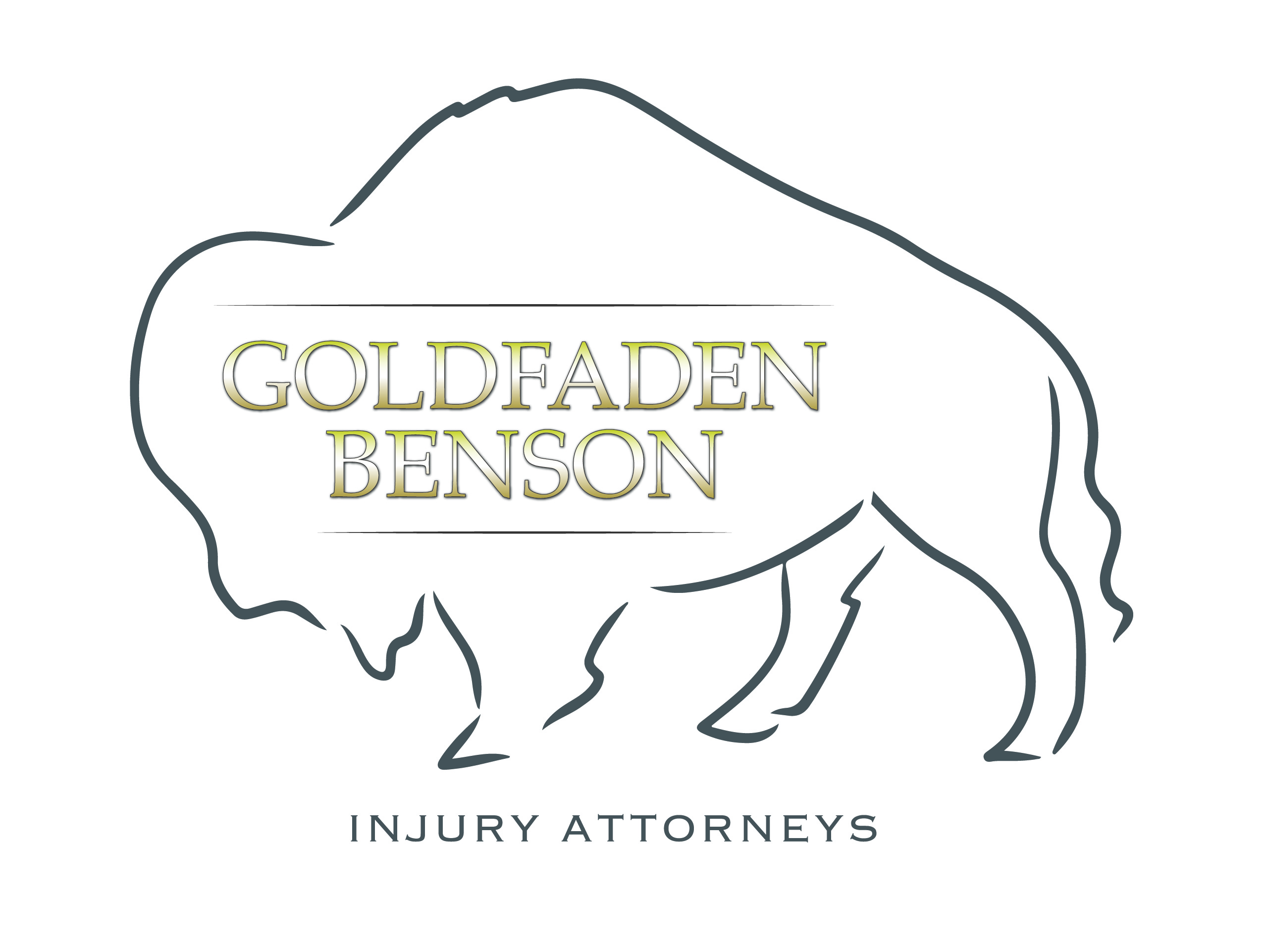If you find yourself injured due to someone else's actions, understanding your rights is crucial. A personal injury attorney can guide you through the complex legal system, helping you secure the compensation you deserve. This article explores how these legal experts can assist you in winning your case.
Key Takeaways
- Personal injury law covers various situations where someone gets hurt due to another person's actions.
- A personal injury lawyer helps you assess your case during the first meeting.
- Gathering proof, like medical records and witness statements, is key to building a strong case.
- Negotiating with insurance companies can be challenging, but a lawyer knows how to get you a fair deal.
- Choosing the right lawyer involves looking at their experience and reading what other clients say about them.
Understanding Personal Injury Law

Personal injury law, often called tort law, is designed to help people who have been hurt due to someone else's carelessness. This area of law allows an injured person to file a lawsuit to seek compensation for injuries caused by someone else's negligence or wrongdoing. Here are some key points to understand about personal injury law:
What Constitutes Personal Injury
- Negligence: When someone fails to act responsibly, leading to harm.
- Intentional Acts: Actions taken with the intent to cause harm.
- Strict Liability: Responsibility for damages without needing to prove negligence.
Common Types of Personal Injury Cases
- Car Accidents: Injuries from vehicle collisions.
- Slip and Fall: Injuries from falling on someone else's property.
- Medical Malpractice: Harm caused by a healthcare professional's negligence.
Legal Framework Surrounding Personal Injury
The legal system has specific rules and guidelines that govern personal injury cases. These include:
- Statute of Limitations: The time limit to file a lawsuit.
- Burden of Proof: The responsibility to prove the case.
- Damages: The compensation awarded to the injured party.
Understanding personal injury law is crucial for anyone who has been injured. It helps you know your rights and how to seek justice.
The Role of a Personal Injury Law Attorney
Initial Consultation and Case Evaluation
When you first meet with a personal injury attorney, they will review your case to see if you have a valid claim. This meeting is important because it helps you understand your rights and what to expect. Here are some key points they will cover:
- Details of the incident: What happened?
- Injuries sustained: What are your medical issues?
- Potential compensation: What can you expect to receive?
Gathering Evidence and Documentation
A personal injury attorney plays a crucial role in collecting evidence to support your case. This includes:
- Medical records: Proof of your injuries.
- Police reports: Official documentation of the incident.
- Witness statements: Accounts from people who saw what happened.
Negotiating with Insurance Companies
One of the most important tasks of a personal injury attorney is to negotiate with insurance companies. They work hard to ensure you receive a fair settlement. Personal injury lawyers ensure clients receive the justice and compensation they deserve. They know how to handle tricky negotiations and can help you avoid common pitfalls.
A skilled attorney can make a big difference in the outcome of your case. They understand the legal system and can guide you through each step.
Building a Strong Personal Injury Case
Collecting Medical Records and Bills
To build a strong personal injury case, it’s essential to gather all relevant medical records and bills. This documentation shows the extent of your injuries and the costs involved. Here are some key steps to follow:
- Request copies of all medical records from your healthcare providers.
- Keep track of all bills related to your treatment.
- Document any additional expenses, like travel for medical appointments.
Interviewing Witnesses and Experts
Witnesses can provide valuable information about your case. Here’s how to effectively gather their insights:
- Identify potential witnesses who saw the incident.
- Ask them to share their account of what happened.
- Consider consulting experts who can support your claims, like medical professionals or accident reconstruction specialists.
Establishing Liability and Damages
Proving who is responsible for your injuries is crucial. You need to show:
- Who caused the accident.
- How their actions led to your injuries.
- What damages you suffered, including physical, emotional, and financial impacts.
Building a strong case requires careful attention to detail. Factors such as gathering evidence, seeking prompt medical care, and accurately documenting the impact of your injuries play pivotal roles in building a strong case.
Navigating the Legal Process
Filing a Personal Injury Lawsuit
Filing a personal injury lawsuit is a crucial step in seeking justice. This process involves:
- Preparing legal documents that outline your case.
- Submitting the lawsuit to the appropriate court.
- Paying any required fees to file your case.
Pre-Trial Procedures and Discovery
Before the trial begins, both sides gather information. This phase includes:
- Exchanging evidence between parties.
- Taking depositions from witnesses.
- Requesting documents related to the case.
Courtroom Representation and Trial
During the trial, your attorney will represent you. They will:
- Present evidence to support your case.
- Cross-examine witnesses to challenge their statements.
- Make closing arguments to summarize your position.
Having a skilled attorney is essential. They can help you navigate the legal process and pursue the justice and compensation you deserve.
In summary, understanding these steps can help you feel more prepared. Each part of the legal process is important for building a strong case and achieving a fair outcome. A personal injury attorney can guide you through each stage effectively.
Maximizing Your Compensation
Calculating Economic and Non-Economic Damages
To get the most out of your personal injury case, it’s important to understand the two main types of damages:
- Economic Damages: These are measurable costs, such as:
- Medical bills
- Lost wages
- Property damage
- Non-Economic Damages: These are harder to measure but still very important, including:
- Pain and suffering
- Emotional distress
- Loss of enjoyment of life
Understanding Settlement Offers
When you receive a settlement offer from an insurance company, it’s crucial to evaluate it carefully. Don’t rush into accepting the first offer. Consider:
- The full extent of your injuries
- Future medical expenses
- Long-term impacts on your life
Pursuing a Fair and Just Compensation
To ensure you get a fair settlement, follow these steps:
- Consult with a personal injury attorney: They can help you understand your rights.
- Document everything: Keep records of all medical treatments and expenses.
- Be patient: Sometimes, negotiations take time, but it’s worth it for a better outcome.
Remember, maximizing your compensation with a personal injury attorney can make a big difference in your case. They have the skills to help you secure a fair settlement.
Common Challenges in Personal Injury Cases
Dealing with Insurance Adjusters
Handling insurance adjusters can be tricky. They often try to minimize the amount they pay out. Here are some common tactics they use:
- Delay tactics: They may take a long time to respond to your claims.
- Lowball offers: They might offer you much less than what you deserve.
- Pressure tactics: They may push you to settle quickly, before you know the full extent of your injuries.
Overcoming Delays and Legal Hurdles
The legal process can be slow and frustrating. Here are some common delays you might face:
- Gathering evidence: Collecting all necessary documents can take time.
- Court schedules: Sometimes, court dates are pushed back.
- Discovery process: This phase can be lengthy as both sides gather information.
Handling Comparative Negligence Claims
In some cases, you might be partially at fault for the accident. This is known as comparative negligence. Here’s how it can affect your case:
- Reduced compensation: If you are found partially at fault, your compensation may be reduced.
- Proving fault: You will need to show that the other party was more at fault than you.
- Legal arguments: Your attorney will need to argue your case effectively to minimize your liability.
Navigating these challenges is crucial for a successful outcome. Understanding these common issues can help you prepare better and work effectively with your attorney.
Highlight: what are the most common issues in personal injury claims?
Choosing the Right Personal Injury Law Attorney

Finding the right personal injury lawyer is crucial for your case. Here are some key points to consider:
Evaluating Experience and Expertise
- Look for attorneys who specialize in personal injury law.
- Check their track record of successful cases.
- Ensure they have experience with cases similar to yours.
Reading Client Reviews and Testimonials
- Read online reviews to gauge client satisfaction.
- Ask for references from past clients.
- Look for patterns in feedback, both positive and negative.
Understanding Fee Structures and Agreements
- Discuss how the attorney charges for their services.
- Understand if they work on a contingency fee basis, meaning they only get paid if you win.
- Make sure to clarify any additional costs that may arise during the process.
Choosing the right attorney can make a big difference in your case outcome.
In summary, learn how to choose the right personal injury lawyer with these essential steps to secure fair compensation for your case. By evaluating experience, reading reviews, and understanding fees, you can find the best legal support for your needs.
When it comes to personal injury cases, picking the right lawyer is crucial. You want someone who understands your situation and will fight for your rights. Don’t wait too long to get help! Visit our website today to learn more about how we can assist you. Your recovery starts with a simple call!
Conclusion
In summary, having a personal injury lawyer by your side can make a big difference in your case. They know the law and can help you understand your rights. With their support, you can gather the right evidence and build a strong argument. This can lead to a better chance of getting the compensation you deserve. Remember, you don’t have to face this alone; a skilled attorney can guide you through the process and fight for what’s fair.
Frequently Asked Questions
What is personal injury law?
Personal injury law helps people who get hurt because of someone else's actions. It covers things like accidents, medical mistakes, and more.
How can a personal injury lawyer help me?
A personal injury lawyer can guide you through your case, help gather proof, and talk to insurance companies to get you the money you deserve.
What should I do if I'm injured?
If you're hurt, make sure to see a doctor right away. Then, keep records of your injuries and any costs, and contact a lawyer for help.
How long do I have to file a personal injury claim?
You usually have a limited time to file a claim, often between one to three years, depending on where you live. It's best to act quickly.
What are economic and non-economic damages?
Economic damages are the actual costs you can prove, like medical bills. Non-economic damages cover things like pain and suffering, which are harder to measure.
How do I choose the right personal injury lawyer?
Look for a lawyer with experience in personal injury cases. Read reviews from past clients and ask about their fees to find the best fit for you.







